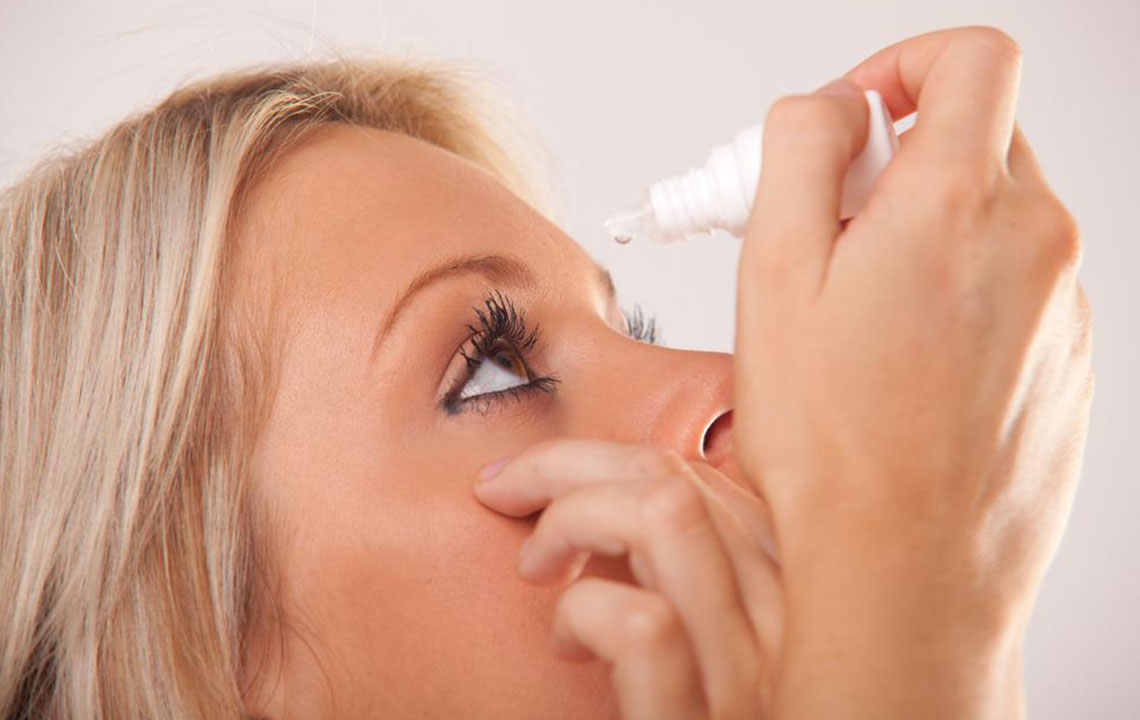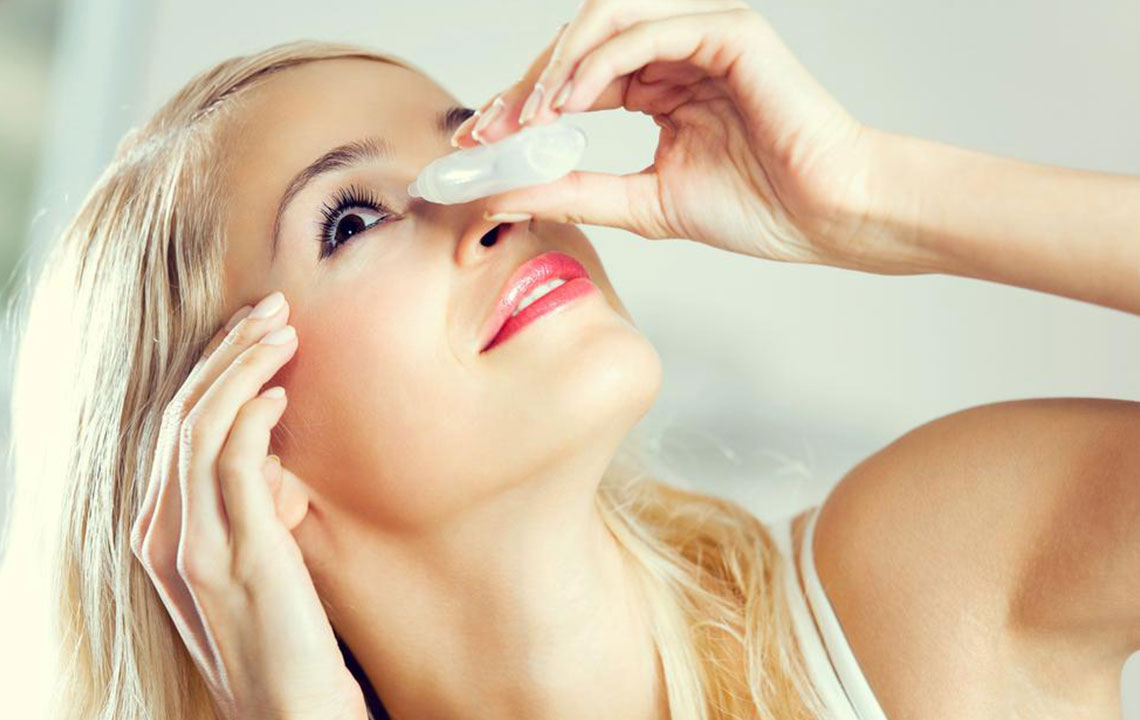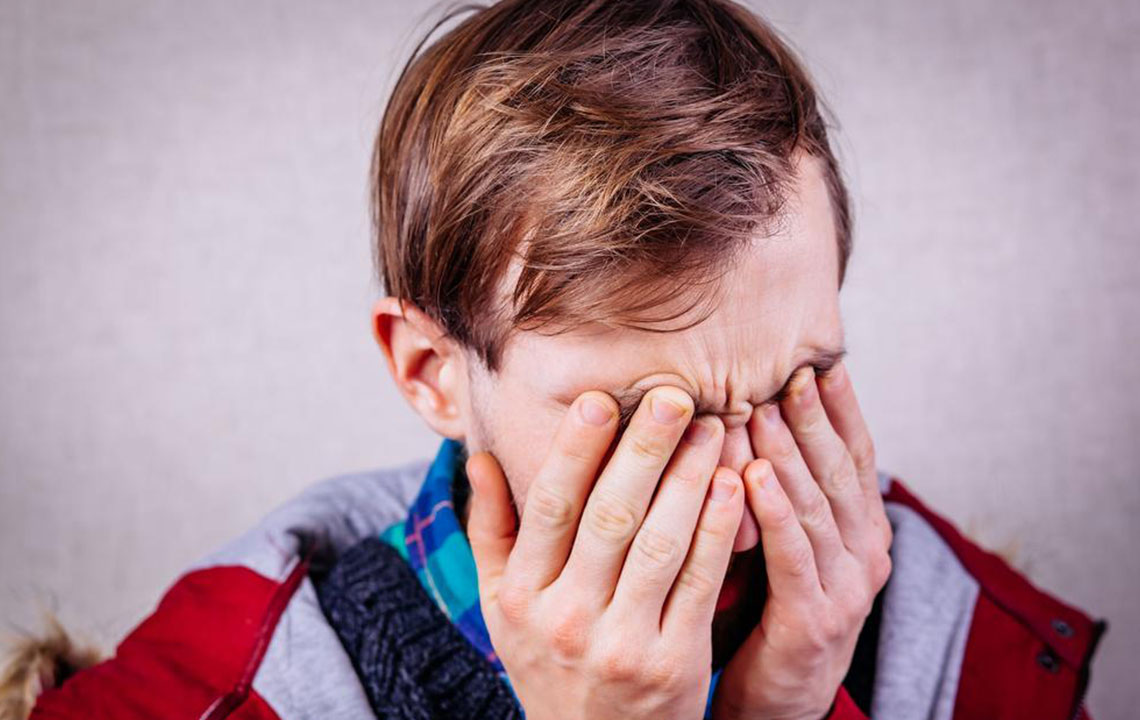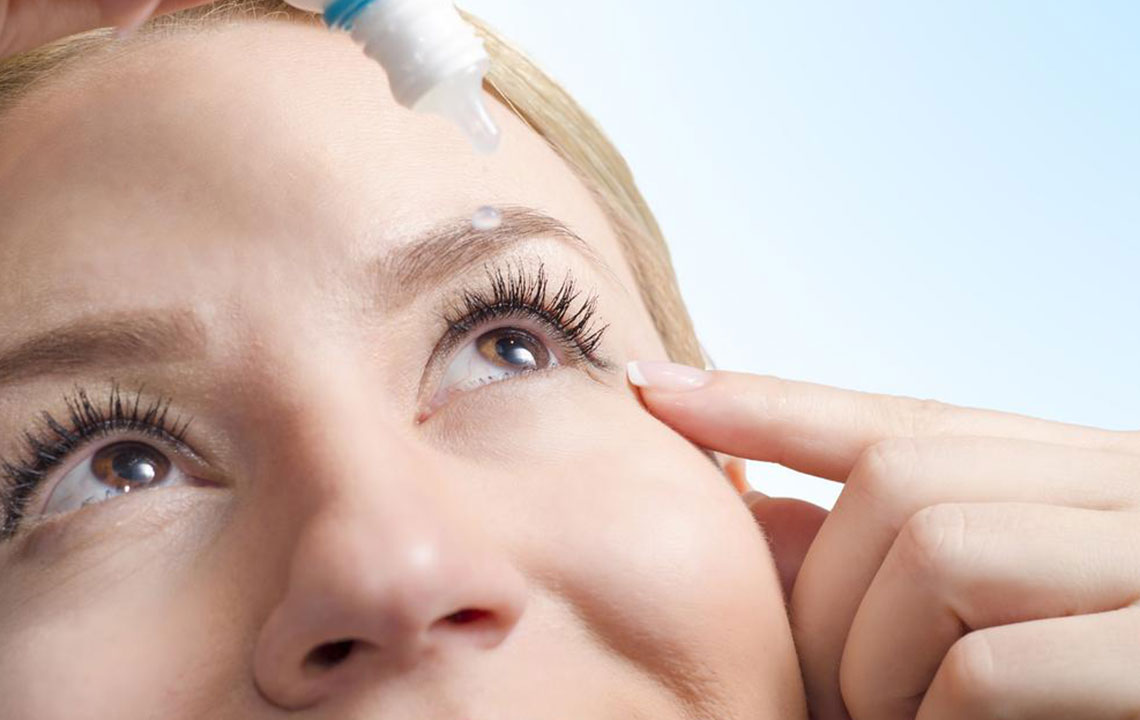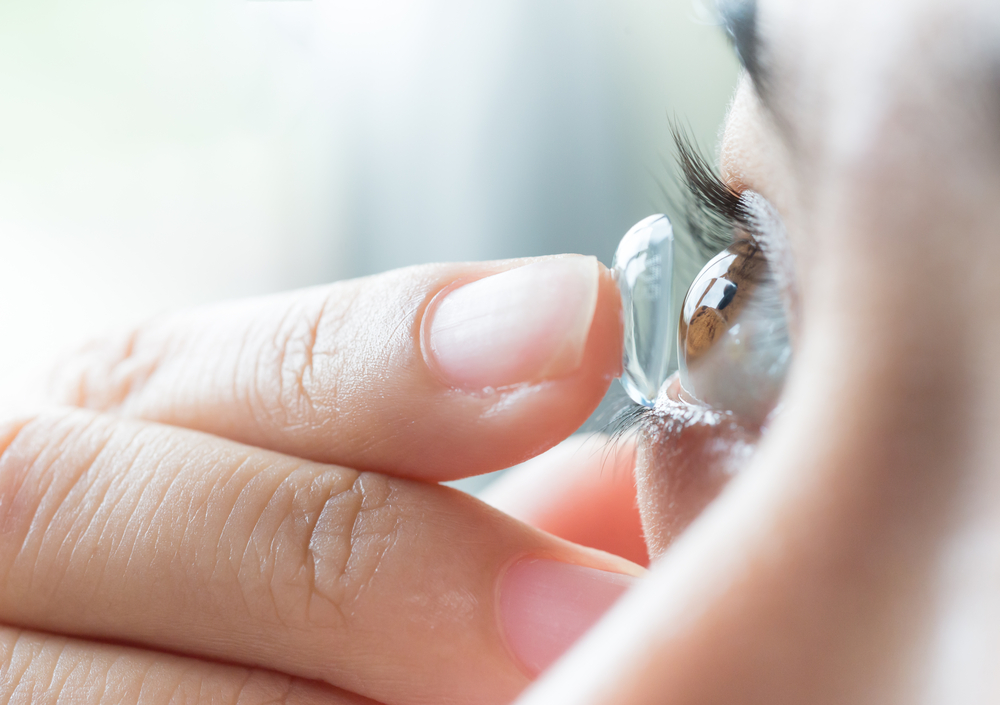Comprehensive Guide to Nighttime Eye Dryness and Itching: Causes, Symptoms, and Effective Treatments
Discover the comprehensive causes, symptoms, and treatments for nighttime dryness and itching in eyes. Learn effective strategies including eye drops, allergy management, and lifestyle changes to improve eye comfort and safeguard your vision. Consulting an eye care professional is essential for persistent symptoms.
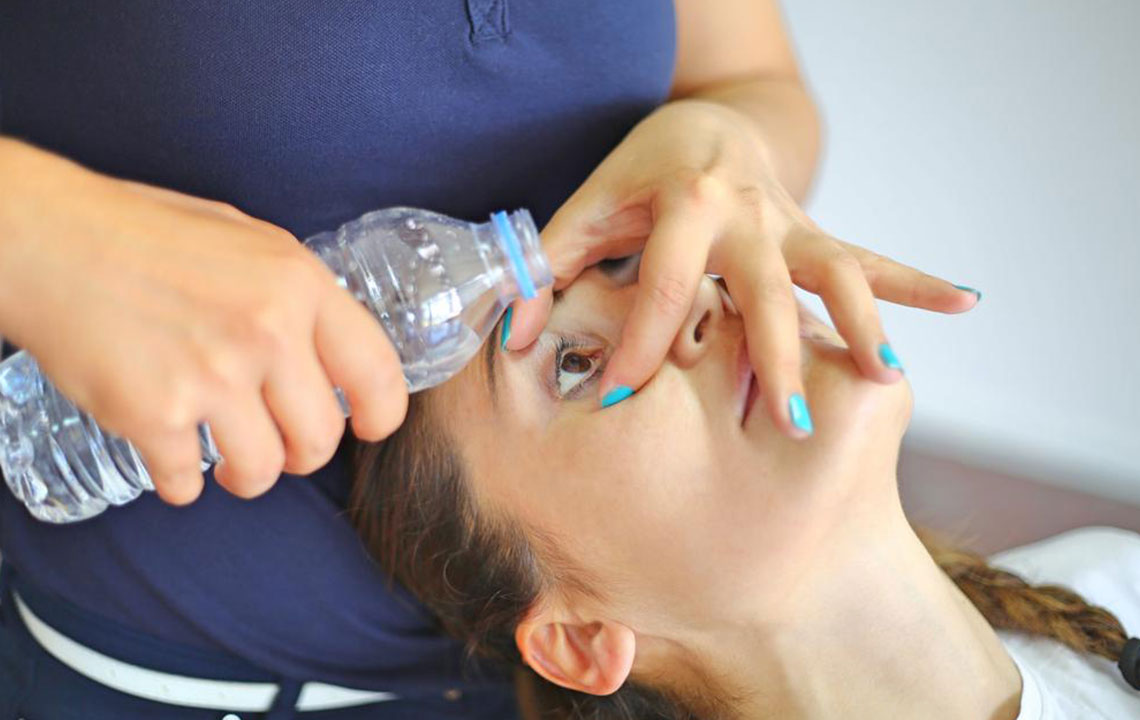
Understanding Nighttime Dryness and Itching in Eyes: Causes, Symptoms, and Practical Solutions
Many individuals experience the uncomfortable sensation of dry, itchy eyes during nighttime hours, a common yet often overlooked issue. These symptoms can significantly affect sleep quality, leading to fatigue and ongoing eye irritation if left untreated. Recognizing the root causes and knowing the appropriate treatment options are essential steps toward alleviating discomfort and maintaining healthy eyesight. This comprehensive guide explores the primary causes of nighttime eye dryness and itching, common symptoms, and effective strategies to manage and prevent these symptoms, ensuring better eye health and improved sleep quality.
Root Causes of Nighttime Dryness and Itching
Understanding why your eyes become dry and itchy at night is key to finding the most effective treatment. Several factors can contribute to these symptoms, often overlapping or occurring simultaneously. Below are some of the most common causes:
**Allergic Reactions:** Environmental allergens such as pollen, airborne smoke particles, perfumes, household cleaning products, and cosmetics can trigger allergic responses in sensitive eyes. These allergens cause inflammation, leading to irritation, redness, dryness, and itching, particularly noticeable during nighttime when exposure tends to increase in the indoor environment.
**Eye Strain and Digital Exposure:** Prolonged screen time during the day, especially with computers, smartphones, or tablets, can cause eye strain and reduce blinking frequency. This decreased blinking results in less tear distribution across the ocular surface, contributing to dryness and discomfort that can persist into the night.
**Environmental Factors:** Dry indoor air due to heating or air conditioning systems can evaporate tear film layers, causing excessive dryness. Windy conditions and low humidity levels are also culprits that exacerbate eye dryness and itchiness during nighttime.
**Medical Conditions:** Certain underlying health issues, including dry eye syndrome, blepharitis, and Meibomian gland dysfunction, impair natural tear production or cause abnormal tear film quality, leading to persistent dryness and irritation. Additionally, autoimmune diseases like Sjögren's syndrome may be responsible.
**Infections and Eye Diseases:** Bacterial or viral infections affecting the eyes can cause significant discomfort, redness, and itching. Conjunctivitis, for instance, leads to inflammation and irritation that worsen at night if untreated.
**Sleep Environment and Habits:** Inadequate sleep or sleeping in environments with poor ventilation or high allergen levels can intensify nighttime symptoms. Excessive eye rubbing before bed can also cause irritation and inflammation.
Recognizing the Symptoms
Nighttime eye dryness and itching do not always occur without warning. Recognizing the main symptoms can help prompt timely intervention. Typical signs include:
Burning sensation in the eyes, often worsening at night
Persistent itching that resists over-the-counter remedies
Soreness or a feeling of grittiness, like sand in the eyes
Uncomfortable eye heaviness or fatigue by the end of the day
Ongoing dryness, particularly after engaging in activities that strain the eyes
Blurred or hazy vision, which may develop gradually over time
Increased sensitivity to bright lights and glare
Redness and occasional swelling around the eyes
Strategies and Treatments for Nighttime Dryness and Itching
Addressing nighttime eye dryness and itchiness requires a comprehensive approach that often combines lifestyle modifications with medical therapy. Consulting an eye care professional is crucial to determine the exact cause and tailored treatment plan. Here are some widely recommended strategies:
**Use of Artificial Tears and Eye Gels:** Over-the-counter lubricating eye drops can provide immediate relief by replenishing natural tears and protecting the ocular surface. For nighttime use, thicker gels or ointments are beneficial as they coat the eyes overnight, preventing dryness upon waking.
**Addressing Allergies:** Identifying and minimizing exposure to allergens is essential. Regular cleaning of bedding, using air purifiers, and avoiding known triggers can significantly reduce symptoms. Antihistamine eye drops or oral medications may be prescribed for allergy relief.
**Maintain Optimal Indoor Humidity:** Using humidifiers to maintain balanced indoor humidity levels prevents excessive tear evaporation. Ensuring proper ventilation and avoiding dry, windy conditions near sleep areas can also help.
**Improve Sleep Environment and Habits:** Ensuring a clean, allergen-free, and well-ventilated sleep space can reduce nighttime irritation. Avoid rubbing or touching the eyes before bed, as this can worsen symptoms.
**Manage Underlying Medical Conditions:** For chronic issues such as dry eye syndrome or blepharitis, ophthalmologists may recommend specific treatments such as eyelid scrubs, prescription eye drops, or punctal plugs to conserve tears.
**Treat Infections Promptly:** Bacterial or viral conjunctivitis may require antibiotic or antiviral treatments as prescribed by your eye doctor. Proper hygiene and avoiding touching or rubbing the eyes can prevent worsening infections.
**Lifestyle and Dietary Adjustments:** Staying well-hydrated and maintaining a balanced diet rich in omega-3 fatty acids can support overall tear health and reduce dryness symptoms.
In cases where symptoms are severe, persistent, or accompanied by vision changes, a comprehensive eye examination is necessary. Advanced treatments like laser therapy or specialized procedures may be recommended depending on the diagnosis.
Overall, proactive management of nighttime eye dryness and itching not only enhances sleep quality but also helps preserve eye health for the long term. Early intervention and consistent care are key to preventing complications and maintaining clear, comfortable vision.
